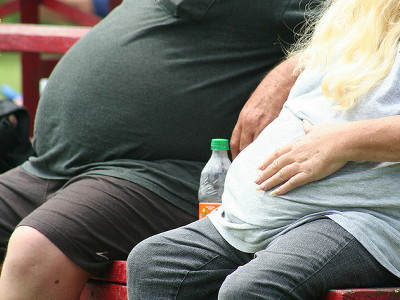It turns out that the larger the city, the greater the inequality and the state that 'housing expenses rise faster than residents' income'

A densely populated city is the center of human activity and facilitates various interactions such as the exchange of ideas and commercial activities. However, a study analyzing the impact of urban population changes has shown that as cities grow larger, income inequality increases, and housing costs rise faster than residents' income. I am.
Scaling of urban income inequality in the USA | Journal of The Royal Society Interface
Study: As cities grow in size, the poor'get nothing at all' | Santa Fe Institute
https://santafe.edu/news-center/news/new-study-prosperity-cities-benefits-few
Previous studies have shown that as cities grow larger, pollution and crime worsen, while patents and wealth also increase, and on average cities become richer as they grow. However, Vicky Chuqiao Yang of the Santa Fe Institute pointed out that 'previous literature has considered urban scaling through the'lens of homogeneity'.' In response to research findings that per capita wealth increases as cities grow, 'especially from literature such as economics, we find that many societies are unfair and their economic outcomes are not evenly distributed. I know, 'he said, pointing out that the issue of inequality has been overlooked.
There , a team of researchers from the University of Minerva, the Massachusetts Institute of Technology, and the Santa Fe Institute conducted a new analysis of urban growth and the lives of its inhabitants. The study used data from local governments across the United States to analyze urban wealth using a 'non-homogeneous lens.'

The analysis found that if the inhabitants included in the dataset were divided into 10 by income, the top 10% of people would earn more and more as the city grew larger. In other words, the wealth of the entire city, which has increased as the city grows, is not evenly distributed, but more to the wealthy, so the larger the city, the greater the gap between rich and poor. ..
Moreover, as a city grows, not only wealth will increase, but also living expenses such as housing expenses will increase. Therefore, the research team analyzed by taking into account the adjustment of housing prices, and found that the speed at which housing costs increase as the city grows exceeds the speed at which the income of the bottom 10 to 20% of people increases. Is said to have come out.
According to the co-author of the paper, Geoffrey West, a professor at the Santa Fe Institute, the study shows that inequality is primarily an urban phenomenon, with poor urban dwellers interacting to drive innovation and wealth creation. He said he missed the opportunity to benefit. 'The big surprise in this survey was that the growth of the city would not benefit the bottom 10-20% of the people. As incomes decline, the added value of city dwellers is regularly decreasing. And there is even evidence that the bottom 10% are getting nothing and losing quality of life. '' The rich are richer than we think, and the poor are better than expected. It turns out that we are getting poorer, 'said West.

Related Posts:
in Note, Posted by log1h_ik







